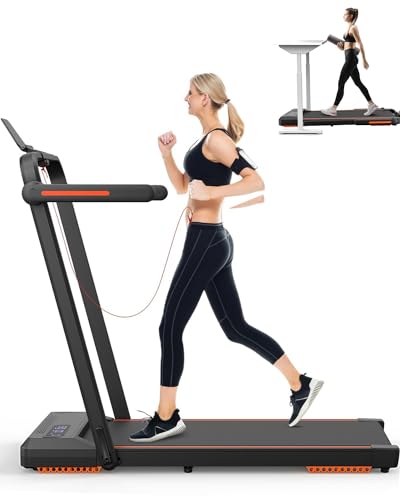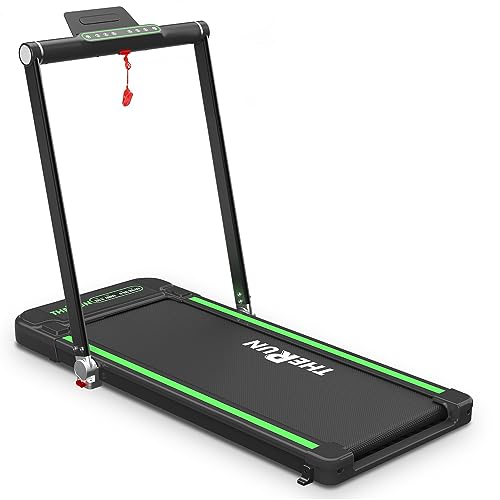7 Helpful Tips To Make The Most Out Of Your Treadmill UK
Understanding Treadmills: Types, Benefits, and Considerations
Treadmills have actually become an integral part of fitness culture, providing a convenient option for people seeking to enhance their cardiovascular physical fitness without the need for outside areas or weather considerations. With a variety of functions and models available, prospective buyers should be well-informed to make the very best choice. This article aims to offer a thorough overview of treadmills, consisting of the different types, benefits, and elements to consider when purchasing one.
The Different Types of Treadmills
1. Manual Treadmills
Manual treadmills are powered by the user instead of an electric motor. They need no electrical energy and generally include a simple style with less moving parts.
Advantages of Manual Treadmills:
- Cost-effective
- Portable and lightweight
- No reliance on electrical power
Downsides:
- Limited functions
- Typically do not have incline options
2. Motorized Treadmills
Motorized treadmills sales (https://apyarx.Com/@hometreadmills7953?page=about) are the most common type, powered by an electric motor. They generally offer various functions such as programmable workout routines, adjustable inclines, and greater weight capacities.
Benefits of Motorized Treadmills:
- Smooth operation and constant traction
- Versatile with innovative functions for different exercises
- Choices for slope and decrease settings
Downsides:
- Higher cost compared to manual treadmills
- Require electrical power and may increase electric bills
3. Folding Treadmills
Folding treadmills are developed for easy storage, making them ideal for those with limited area.
Advantages of Folding Treadmills:
- Space-saving style
- Easy to transfer and store
- Appropriate for home usage where area is at a premium
Downsides:
- Typically may have a smaller running surface
- Weight limit might be lower than non-folding designs
4. Industrial Treadmills
These treadmills are developed for sturdiness and efficiency, normally discovered in fitness centers and gym. They are developed for high use rates and included advanced functions.
Advantages of Commercial Treadmills:
- Extremely durable and typically supported by warranties
- Complete variety of features, consisting of innovative training programs
- Ideal for durable workouts
Drawbacks:
- Higher price point
- Might be too big or heavy for home usage
| Kind of Treadmill | Power Source | Normal Features | Perfect For |
|---|---|---|---|
| Manual Treadmill | None | Standard workout metrics | Minimalist users |
| Motorized Treadmill | Electric | Programmable exercises, incline alternatives | General physical fitness lovers |
| Folding Treadmill | Electric | Space-saving style | Home users with restricted space |
| Industrial Treadmill | Electric | Advanced training programs | Gym centers |
Benefits of Using a Treadmill
Treadmills offer various benefits for people aiming to improve their physical fitness levels or maintain an athletic regimen.
1. Convenience
Owning a treadmill permits users to work out at their own schedule, removing reliance on weather condition conditions. It provides versatility, as workouts can occur day or night.
2. Adjustable Workouts
Many contemporary treadmills feature adjustable programs to accommodate newbies and seasoned professional athletes. Users can adjust speed, incline, and exercise duration to make the most of the efficiency of their sessions.
3. Tracking Progress
A lot of treadmills come geared up with digital display screens that tape essential statistics such as distance, speed, calories burned, and heart rate. Monitoring this data helps users track their physical fitness progress over time.
4. Decreased Impact
Treadmills frequently offer a cushioned surface area that can decrease joint effect compared to operating on hard outside surfaces, making them an appropriate option for individuals with joint concerns or those recuperating from injuries.

5. Variety of Workouts
Users can participate in different workouts on a treadmill, from walking and running to interval training and speed work. Some machines even provide built-in courses that imitate outdoor surfaces.
Considerations When Buying a Treadmill
When buying a treadmill, individuals ought to think about numerous aspects to guarantee they make an informed decision.
1. Space Requirements
- Measure Available Space: Before selecting a design, step where the treadmill will be positioned to guarantee it fits easily.
- Consider Folding Options: If space is a problem, think about buying a folding treadmill for practical storage.
2. User Weight and Height
- Check the weight capability of the treadmill to accommodate its designated users.
- Guarantee that the belt length is suitable for users’ strides, particularly for taller individuals.
3. Features and Technology
- Examine whether advanced functions like heart rate screens, Bluetooth connectivity, and built-in training programs are necessary for the designated user.
- Examine user-friendly interfaces and item reviews on display screen quality.
4. Guarantee and Customer Support
- Evaluation guarantee alternatives to understand what is covered and for the length of time. Some models might use prolonged guarantees or guarantees for parts.
- Evaluate the brand’s reputation for client support in case of breakdowns or concerns.
5. Price Range
- Consider your spending plan however remember that less expensive models may lack functions, sturdiness, or warranty support.
- Explore funding options if buying a higher-end model.
FAQs About Treadmills
1. What is the typical life expectancy of a treadmill?
Typically, a premium treadmill can last in between 7 to 12 years, depending upon use, maintenance, and construct quality.
2. What is the best treadmill brand name?
Popular brand names include NordicTrack, Sole Fitness, Precor, and LifeSpan, each known for their quality and client fulfillment.
3. Can I use a treadmill for walking?
Yes, treadmills are best for walking, jogging, or running, making them versatile for users of all physical fitness levels.
4. How often should I service my treadmill?
Regular upkeep is usually advised every 6 months to ensure optimal efficiency and longevity.
5. Is it okay to operate on a treadmill every day?
While working on a treadmill daily is appropriate for some, it’s a good idea to incorporate rest days or alternate exercises to avoid potential overuse injuries.
In conclusion, treadmills stay a popular option for fitness lovers looking for versatility and customizability in their workout regimens. By comprehending the various types available, their benefits, and essential elements to think about throughout purchase, users can make an educated decision that aligns with their fitness objectives and lifestyles.



